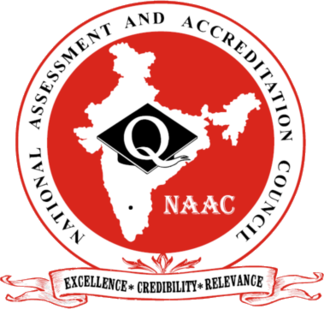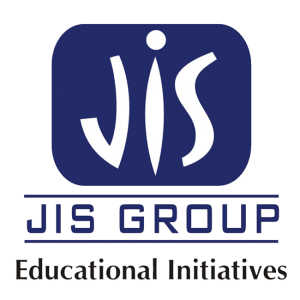
The 2025 placement season has been one of contrasts: macro hiring budgets and campus salaries have recovered from a cautious 2024, even as recruiters become ever more selective about the skills they prize. For aspirant engineers, the imperative is clear — choose a B.Tech specialization that includes durable technical foundations with demonstrable, employer-valued competencies. National reports indicate a measurable rebound in campus hiring budgets and a renewed appetite for future-ready tech talent. Below are the B.Tech specializations that, in 2025, consistently show the highest placement rates and most competitive starting packages — together with why they matter and what students should weigh when choosing them.
Computer Science & Engineering (CSE) — still the leader
CSE remains the single most sought-after specialization for campus recruiters. The ubiquity of software-driven business models, the proliferation of Global Capability Centres (GCCs), and the continuing expansion of product and platform companies ensure sustained hiring for graduates who can code, architect systems, and deploy cloud-native solutions. Graduates with core programming skills plus hands-on experience in machine learning, cloud, and full-stack development command the broadest range of opportunities. Industry overviews and job-market analyses underline that AI, data and software roles continue to anchor fresher hiring.
Artificial Intelligence, Machine Learning & Data Science tracks
Where CSE provides breadth, AI/ML and Data Science specializations supply depth in the most rapidly expanding sub-domains of tech. Employers prize candidates who can operationalize models (MLOps), extract business value from data pipelines, and translate statistical insight into product features. Reports in 2025 show elevated entry-level compensation for AI-facing roles and abundant hiring across product firms and GCC data teams; as a result, universities and private institutes that offer integrated AI streams have recorded top placement conversion for these cohorts.
Information Technology & Cybersecurity
IT remains a placement stalwart—especially when coupled with cloud, DevOps, or cybersecurity skills. Given the rising incidence of digital threats and regulatory focus on data protection, cybersecurity specialists and cloud engineers are increasingly being recruited directly from campuses. Employers often prefer IT graduates who supplement their degree with certifications (CISSP, CEH, cloud vendor certs) and practical internships. Industry strategic reviews point to targeted hiring in security and platform engineering despite uneven intake elsewhere.
Electronics & Communication Engineering (ECE), VLSI and Semiconductor-oriented tracks
A notable 2025 trend is the reinvigoration of ECE and semiconductor-related hiring, driven by large investments in chip fabs and the broader hardware ecosystem. This has translated into improved placement prospects for graduates trained in VLSI, embedded systems, and chip-design toolchains — especially in institutes that maintain lab partnerships or Centres of Excellence with semiconductor firms. Regional industrial developments have concretely raised demand for such skillsets.
Core Engineering with strong industry linkages (Electrical, Mechanical, Civil with domain focus)
While average placement rates for classical core branches are generally lower than for pure software streams, students who combine core engineering degrees with domain-specific skills (automation, EV powertrains, industrial IoT, construction technology) and internships often secure high-quality, well-paid roles. Recruiters in manufacturing, energy, infrastructure and automobile sectors continue to value strong fundamentals coupled with work experience.
How to translate “placement attractiveness” into a sound choice
Placement rates are a useful signal but should not be the sole determinant. Consider this pragmatic rubric:
- Demand + Fit: Do industry hiring trends for the specialization align with your aptitude and curiosity? If you love algorithms, CSE/AI makes sense; if physical systems intrigue you, ECE or Mechanical may be the better long term fit.
- Skill stack: Employers hire skills, not degrees. Complement your major with internships, open-source contributions, and short certifications that are valued by recruiters.
- Institute ecosystem: Placement probability is influenced by institutional industry ties, internship pipelines and active placement cells. Colleges that maintain strong corporate engagement and project labs convert more students into hires. For example, institutions such as Guru Nanak Institute of Technology (GNIT) offer a range of B.Tech streams — CSE, AIML, Cybersecurity, IT, ECE and core branches — and record active placement engagement through tie-ups and placement drives. These practical structures often make a measurable difference to campus outcomes.
Choose the junction, not just the highway
In 2025 the market rewards adaptability. The “top” specializations are those that combine contemporary technical demand (software, AI, cloud, semiconductor) with experiential learning and demonstrable outcomes. Choose a B.Tech stream that both maps to robust hiring trends and resonates with what you will enjoy learning for four years; that balance, more than any ranking or headline salary, determines long-term career acceleration.




